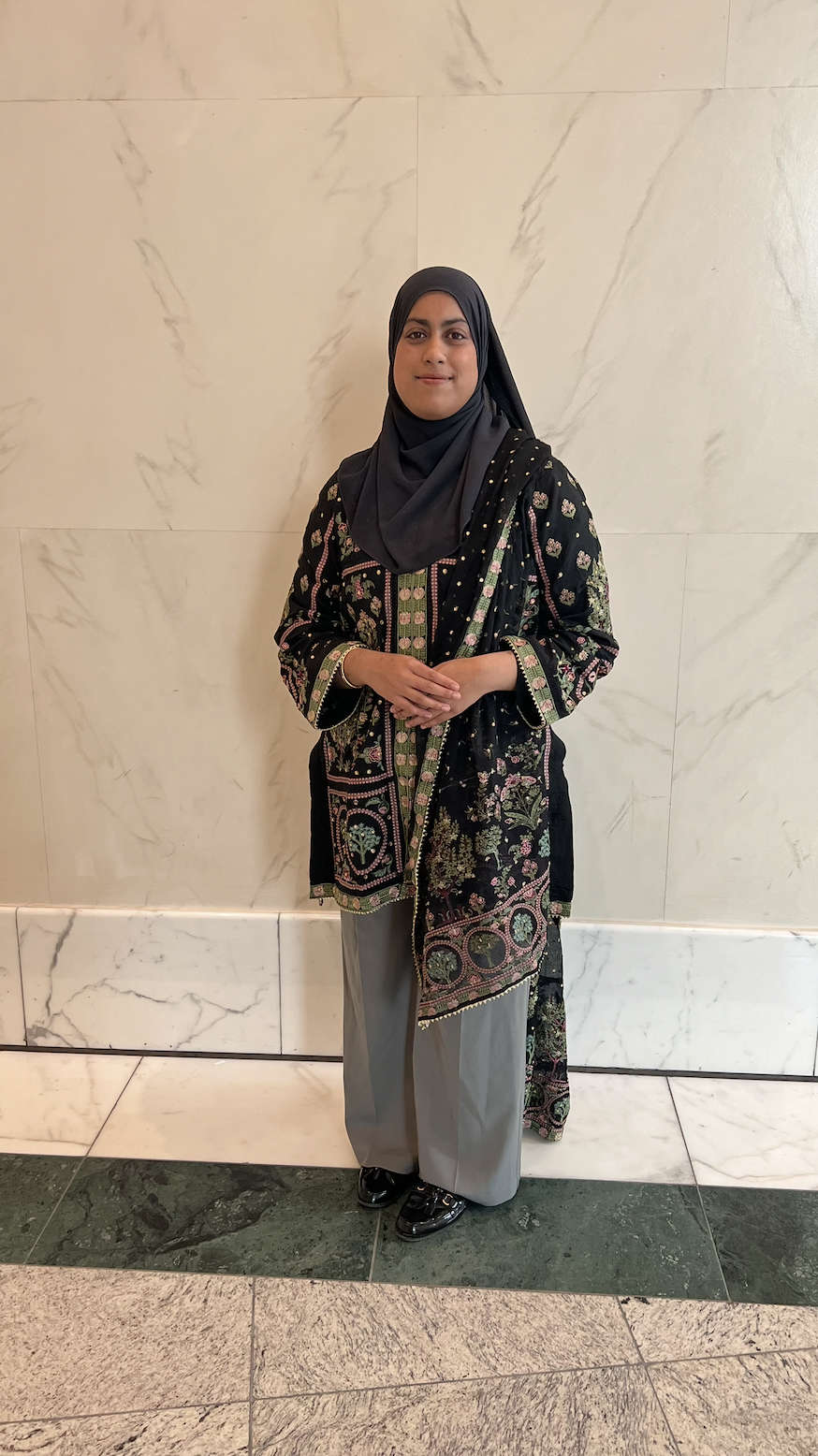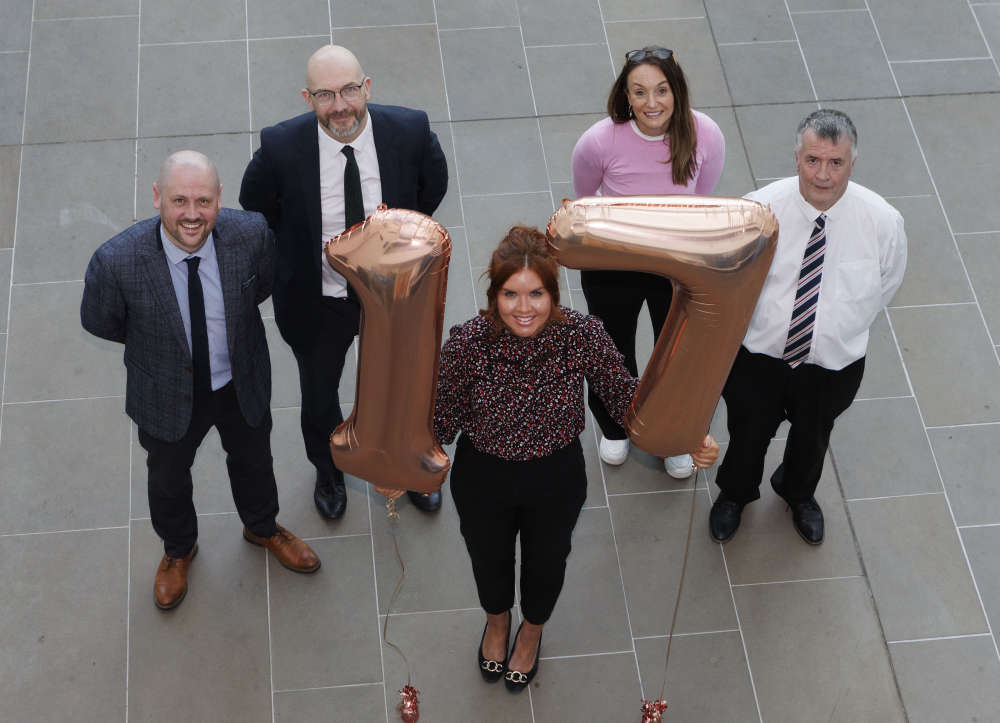
Review by Graham Marshall. REQUIEM by Giuseppe Verdi performed by Oldham Choral Society, Soloists and the East Lancs Sinfonia at the Royal Northern College of Music on Sunday April 28th 2019.
As this splendid performance came to its hushed conclusion I was reminded of the last lines of T. S. Eliot’s The Hollow Men: ‘This is the way the world ends. This is the way the world ends. This is the way the world ends. Not with a bang, but a whimper.’
For after the life and death issues confronted in the texts of all Requiems, and in this case being treated with the intensely dramatic force of a composer expertly attuned to their expression in musical terms, the sense of almost breathless pursuit of the truth about life and death, the universe and everything coming to a faltering end, is magnificently displayed in the lingering, chant-like jabbering of “libera me”.
Freedom will come with knowing the truth, but will it be worth the knowing? Verdi’s is not a setting of the Latin texts of the Requiem Mass for liturgical use, but a musical tribute composed in memory of his poet friend, Alessandro Manzoni.
It was first performed in 1874 and since then has become a repertory feature of choral societies all over the world. It offers amateur singers a great opportunity to get together with, necessarily, more accomplished soloists – and an orchestra to give voice to one of the great uses of church Latin texts for sublime, concert hall musical effect.

Conductor, Nigel P. Wilkinson, is to be congratulated on marshalling his forces with unobtrusive yet commanding authority throughout. The members of the Oldham Choral Society had chosen to give this masterpiece an airing again and they rose to the occasion with seasoned assurance.
There were odd moments of very slight hesitation and of being somewhat overwhelmed by the orchestra, but that is really only to be expected when you are caught up in a musical portrayal of the universal struggle with the unpredictable and sometimes cruel forces of nature. It’s being true to life!
For the most part, the choral contribution to the performance was excellent with securely focused rhythmic and dynamic control over precise intonation being the order of the day.
Fugal and double chorus sections (like the Sanctus) went along very smoothly indeed and the rapport with soloists and the orchestra was firm, the Lacrimosa being a particularly good example of this.
The East Lancs Sinfonia, led by Sally Robinson, collaborated with equal assurance in presenting Verdi’s spectacular score. Without the full ensemble envisaged in the original score, the players produced quite sufficient sound to complement the chorus and make the combination of voices and instruments one to be relished and remembered for its brilliant musical colours.
There were some moments of beautifully controlled pianissimo string playing, eloquently sounded clarinet and bassoon playing as well as thunderous brass and percussion in the climactic sections.
As for the soloists, the choice of soprano Linda Richardson, mezzo-soprano Kathleen Wilkinson, tenor David Butt Philip and bass Thomas D. Hopkinson, all former students of the RNCM, was an inspired one. The distribution of solos, duets, trios and quartets in this work is unusual, but each is given an opportunity to impress in their own way, and they did so to the delight of an appreciative audience.
Linda’s top B flat in the Libera Me was a particular moment of magic, appearing as if from nowhere and perfectly articulated pianissimo.
Kathleen, who had the largest amount of solo work to do was particularly persuasive in Recordare.
David soared to truly bel canto heights in the Ingemisco aria, Thomas impressed with mors stupebit and confutatis maladictis.
All four executed their combined moments delightfully. The Oldham Choral Society will no doubt turn again to Verdi’s Requiem for one of its concerts. When it does, it is to be hoped that the performance will be equally as successful and rewarding for all concerned.


 Student making headlines with new shoe brand
Student making headlines with new shoe brand
 Think! Fatal 4 Offences
Think! Fatal 4 Offences
 Don’t Be Puzzled by Dogs Wearing Muzzles
Don’t Be Puzzled by Dogs Wearing Muzzles
 Millions seized from criminals to help communities tackle crime
Millions seized from criminals to help communities tackle crime

